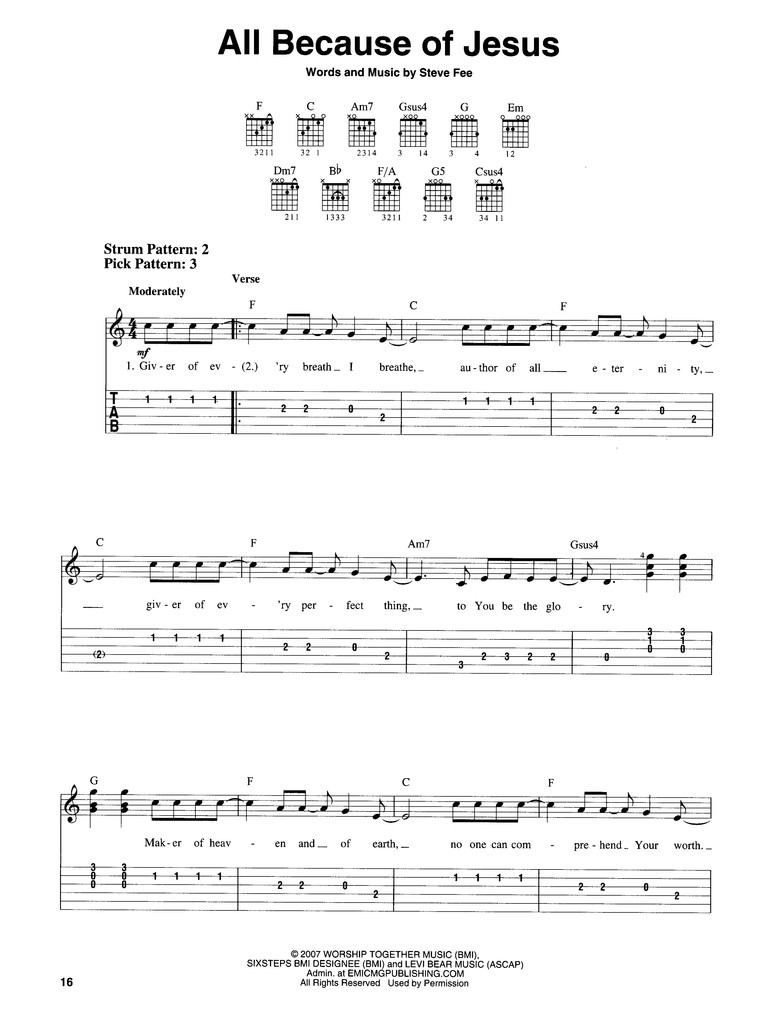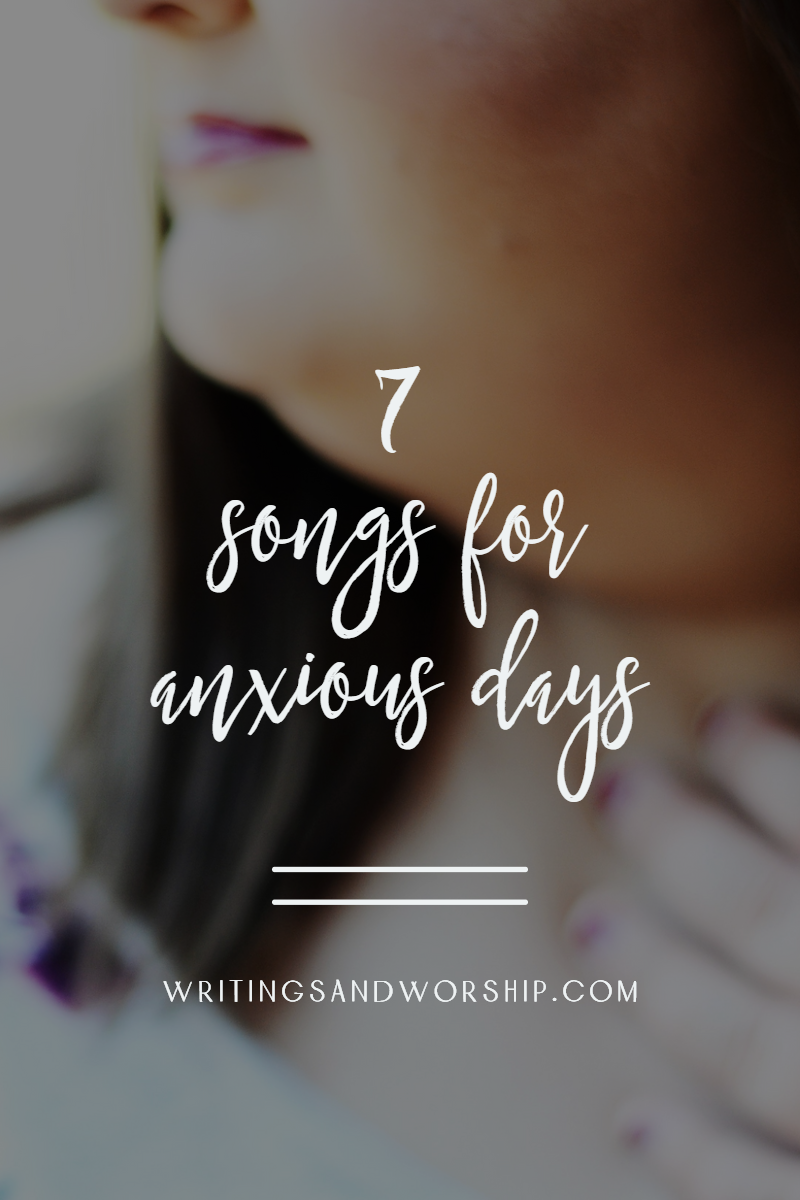

I suggested that if we write music ourselves, we shift the way the songs are written: Words will always be primary, lyrical sound secondary. I suggested a solution to the dilemma might be to go to Google books and find some wonderful ancient hymns, songs rich in theological and Christological content, adapt them to modern English and begin writing contemporary worship songs around the meaning and content of words.

I responded that I don't necessarily object to songs sounding similar-classical music carries a distinct lyrical sound-as much as I object to the words of contemporary worship songs which sometimes lack meaning, depth or theological content. It's one of the reasons, I was told, that popular contemporary worship sounds similar. The phrase Golden Ratio was used, and I discovered that Christian song writers will often create a rhythmic style first, a musical formula that sounds good, and then will add words later.

In response to my concern, I was told that there is a 'beat' or 'style' of contemporary worship that seems to drive the train in writing new music. I enjoy contemporary worship because it is not vapid, meaning "missing life or energy" in its lyrical style, but sometimes the words of contemporary worship songs seem void of content and meaning. I registered a concern to our worship leaders that though I enjoy the stylistic approach of contemporary Christian worship, I sometimes wonder about the words of the songs we sing. We have a very talented team of musicians and writers, particularly when you consider the population of cattle outnumbers humans by 100 times in western Oklahoma. Recently our contemporary worship team at Emmanuel Enid (e.g., Refuge Band) spent a creative planning time discussing the possibility of Emmanuel beginning to write its own music.


 0 kommentar(er)
0 kommentar(er)
